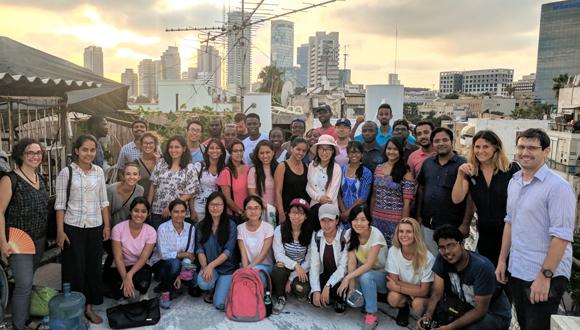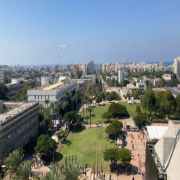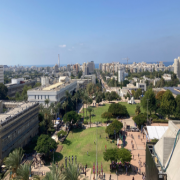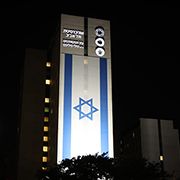Can we feed the world?
What do a geneticist from Vietnam and a plant scientist from India have in common? They’re studying at TAU to help make food security a reality
Around the world, demand for food is on the rise, while the quantity of arable land and agricultural resources is declining. Close to 1 billion people suffer from malnutrition, while another 2 billion are undernourished or suffer from an excess of harmful caloric intake due to lack of access to healthy food.
Against this backdrop, TAU created the Manna Center Program for Food Safety and Security, the first of its kind in Israel, to address food security “from field to fork.” Building on the success of its summer program, in 2014 the Center began offering a graduate degree program: the International MSc in Plant Science with Emphasis on Food Security.
As part of their studies students have the opportunity to study, live and gain work experience in the Arava desert, Israel’s largest vegetable exporting region. The current cohort hails from 10 different countries, including Zimbabwe, the Philippines and Vietnam. The Program has even attracted a scholar from Indonesia, a country without diplomatic ties to Israel.
So, what are these young scientists working on, and what are their hopes for the future of food on our planet? We thought we'd talk to some of them and ask.
A "future vision" for food security
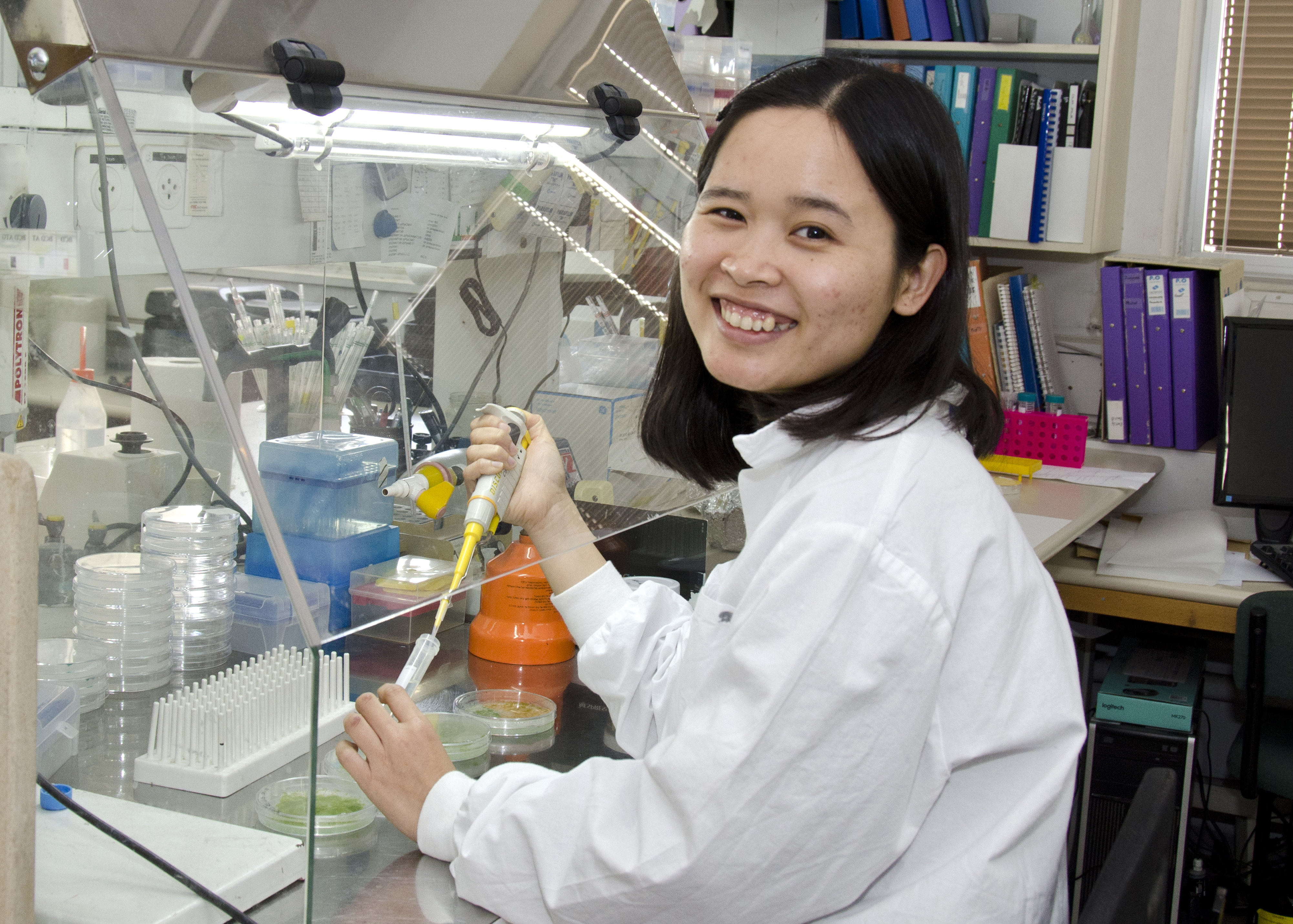
Thúy Uyên Hồng Yũ came to TAU on the recommendation of her faculty dean in Vietnam. At the time, she knew nothing about Israel, except that it was a leader in agricultural technology.
Uyen Hong is now completing her master’s thesis with Prof. Ohad at the School of Plant Sciences and Food Security, on the intersection of technology and plant development. The international MSc program, she said, helped her learn about herself and how to present her ideas. “In Vietnam, you need to think a lot before you allow yourself to ask a question. Here, you can ask every time. “
Uyen Hong said the combination of academics and practical experience allows students to devise a “future vision” for the challenges of food security: to look beyond their narrow fields of research and find greater, more strategic solutions. This is the type of thinking that will contribute to the production of better, safer food and to increased global health, she said.
Improving horticulture in India
Yogendra Kumar Meena, a horticulturalist from India, attended the Manna Center Summer Institute in 2016 on a scholarship from Israel’s Council of Higher Education. It was a “life-changing experience,” he said. Upon arrival, he immediately fell in love with the country – with its “warm, friendly and passionate people” and the great work ethic and achievements compared to its size.
The knowledge that he acquired at TAU would benefit India, an agricultural powerhouse that has yet to adequately implement new technologies and reforms, he explained.
Curing the ocean
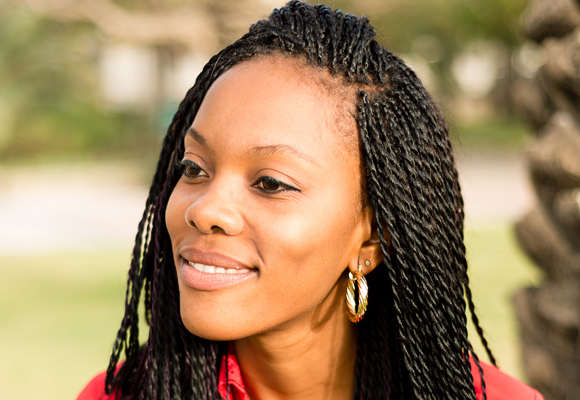
In the framework of her doctoral studies as a Manna Center fellow, Cameroonian student Japhette Esther Kembou Tsofack joined forces with TAU Prof. Eran Bachrach who studies tilapia fish.
Together, they discovered a virus that was causing disease in tilapia around the world. Tsofack is now developing diagnostics and vaccines to contain the illness.
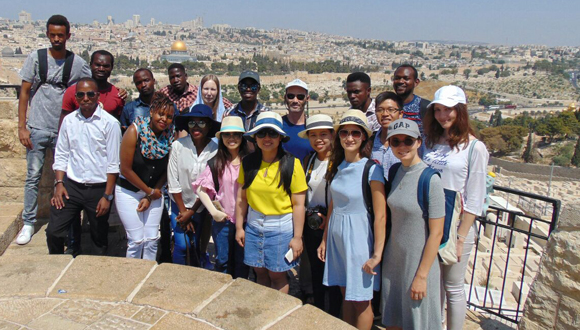
Students of the Manna Center Program for Food Safety and Security on a field trip to Jerusalem
Bringing international students together
Aside from their regular studies during the year, during the summer the MSc students join their peers in the Summer Institute for academic study and fields trips. Among the locations they visit are an urban farming complex and an agricultural research station in the Negev.
Prof. Nir Ohad, head of the Manna Center, says they divide the students into multinational groups. Each student then presents problems they encounter in their country. “This interaction enriches everyone’s knowledge. There is nothing like becoming acquainted with these issues from a first-hand source,” he said.
And what about the future of all these young scientists? Will they be able to make a real impact after their studies are over? Prof. Ohad believes that they will. “The international programs’ success is measured by the fact that our graduates are hired in preferred jobs when they go home,” he said.
How will we feed the world? The answer is still a mystery. But we're confident Prof. Ohad and his students are bringing us closer to an answer every day.

